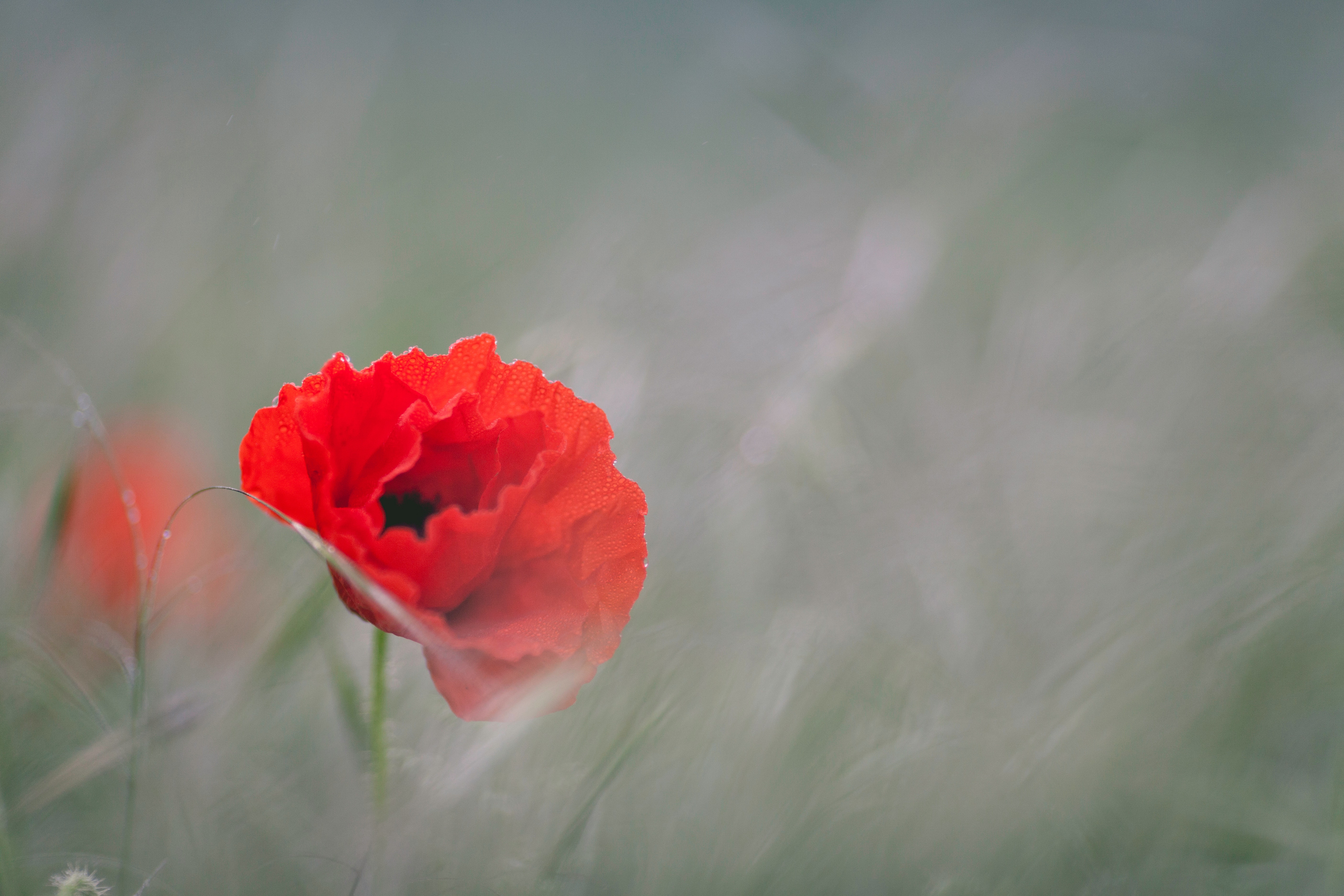REMEMBRANCE SUNDAY
I never met my mother’s father, Billy. The story my grandmother told was that he was the only one who came back. Every man she had ever danced with was dead. There were 2 million so-called ‘surplus women’ at the end of WW1 – only one out of ten had a chance of fulfilling their expectations of becoming wives and mothers. The fear of being a spinster drove many in their mid-late 20s into desperate marriages. When I was 15 a postcard arrived informing my mother of her father’s death. I had no idea he had been alive all those years…
The last veteran of WW1, Harry Patch died in 2009 at the age of 110, but the trauma still plays out in families across the British Isles and across Europe and many other parts of the world today. Some people may wonder why we are making so much about the slaughter of WW1 when many more were killed in WW2 and in countless conflicts in the last 100 years. Perhaps it is because the trauma and the social upheaval that followed still impact on family histories, and on national identities.
If the atrocities and appalling heart-ache suffered by our ancestors 100 years ago still permeate our lives today – imagine the aftershocks of all the horrors of this past century throughout the world…imagine the trauma of all those wounded, bereaved and displaced by war and violence today that will still be playing out in family histories and national identities in 100 years time.
Europe stands on the brink of another historic trauma, as Britain prepares to exit the European Union – less cataclysmic, we hope than the global conflicts of the 20th century. It is salutary for us to remember that British blood was mingled with the blood of peoples across Europe and its colonies on the battlefields of WW1. As the political and socio-economic map of Europe radically shifts once more, we need to examine again our understanding of peace and reconciliation.
Our readings today show different understandings between OT and NT writers. The prophecies of Isaiah come from a people that had been traumatised by war and taken into captivity in Babylon, longing for what must have felt like an impossible return to their homeland. As for so many displaced peoples in the world today, the dream was so impossible they believed that only God had the power to bring about an end to the suffering.
Hundreds of years later the teachings of Jesus called for a radical human engagement to bring about justice and peace. He called to his followers to love your enemy, pray for those who persecute you. He saw nothing especially commendable about caring for your friends and family, ‘if you greet only your brothers and sisters, what more are you doing than others?’. To be a Christian means truly embracing those who are different. And it means praying for those who oppress us.
Healing from trauma takes generations. And the grief, the pain, the suffering and the anger have to be named in order for healing to happen. Until people in Britain, and in communities across Europe and the whole world, are willing to discover something of the lives of those who are different, there can be no real understanding of the things that divide and sow enmity amongst us. Pope Francis has long argued that alongside economic change, for human beings to flourish, we need to create a “culture of encounter”. As well as changing systems, we need to change ourselves. Think for a moment about the people you hate/most dislike… and try praying for them/searching for opportunities to encounter and understand them.
In the NT peace has nothing to do with pastel painted scenes of beaches and waterfalls and mindfulness exercises to attain inner peace. Peace comes through struggle and pain. When Jesus talked about peace, the Greek word used most frequently in the gospels does not mean an absence of conflict or war. The word eirene describes an harmonious state of mind, an ability to remain undisturbed despite external circumstances.
The enormity of the suffering in this world and the relentless violence we see around us is so overwhelming, it is natural to want to close our eyes, to block our ears, to say nothing for fear of being heard. But it is in remembering, in contemplation of all the waste and suffering, that change happens.
The controversial Archbishop Oscar Romero, assassinated in El Salvador in 1980 while saying mass and canonised in 2015, has wise words on striving to bring about change and the nature of peace, recognising that we cannot do everything, and that there is a sense of liberation in realising this that enables us to do something, and, however incomplete, it is a step along the way.
He wrote:
Peace is not the product of terror or fear.
Peace is not the silence of cemeteries.
Peace is not the silent result of violent repression.
Peace is the generous, tranquil contribution of all to the good of all.
As we remember today the lives that were given, and those that were taken, in WW1, let us vow, in our time, to do all that is in our power to make a generous and tranquil contribution to the good of all in this place and in all the worlds to which we belong.



Comments are closed